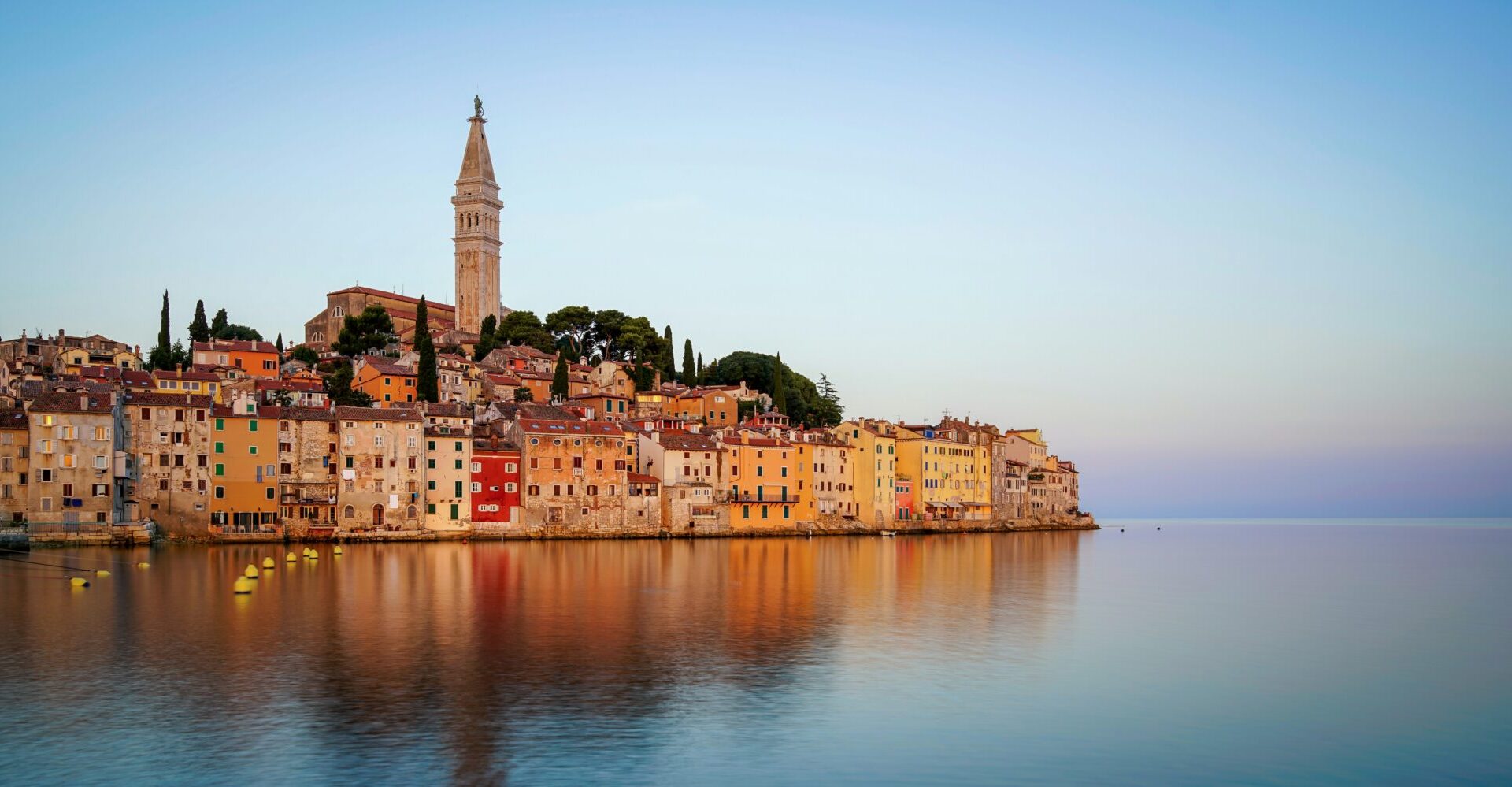Croatia has extended its digital nomad visa programme to allow remote workers to stay for up to 18 months, marking a significant expansion from the original scheme launched in 2021.
The updated regulations, introduced in March, target non-EU, EEA and Swiss citizens who work remotely for companies not registered in Croatia. Applicants must demonstrate monthly income of at least €3,295, representing 2.5 times the average Croatian net salary according to official statistics.
The programme allows “close family members” to join visa holders, including unmarried partners who have cohabited for more than three years, or shorter periods if they have children together. This provision extends Croatia’s appeal beyond individual remote workers to couples and families seeking extended European residency.
Longer stays require substantial financial proof, with applicants needing €39,540 in bank accounts for 12-month stays or €59,310 for the full 18-month period. Alternative documentation includes six months of payslips showing regular income meeting the monthly threshold.
Application costs vary significantly depending on submission method. Online applications cost €87.59 total, whilst applications through diplomatic missions reach €189.88 including temporary stay permissions, long-term visas and biometric residence cards.
Required documentation includes valid passports extending three months beyond intended stays, health insurance covering Croatian territory, proof of foreign employment or business ownership, criminal background checks from home countries, and confirmed Croatian addresses.
The Ministry of the Interior website specifies that digital nomads cannot perform work or provide services to Croatian employers, restricting activities to remote work for foreign entities. This limitation prevents visa holders from engaging in local employment whilst maintaining their nomad status.
Successful applicants must register temporary residence addresses within three days of arrival at local police stations, using lease contracts, property deeds, or notarised owner statements. Biometric residence permits become mandatory for all visa holders, requiring in-person collection with photographs and biometric data.
The extension possibility after six-month cooling-off periods potentially allows indefinite Croatian residency through repeated applications, though official guidance suggests this requires leaving the country between visa periods.
Croatia’s digital nomad programme reflects broader Balkan region efforts to attract remote workers following tourism sector disruptions. The country’s Adriatic coastline, featured in international television productions, has increased global recognition and tourism appeal.
